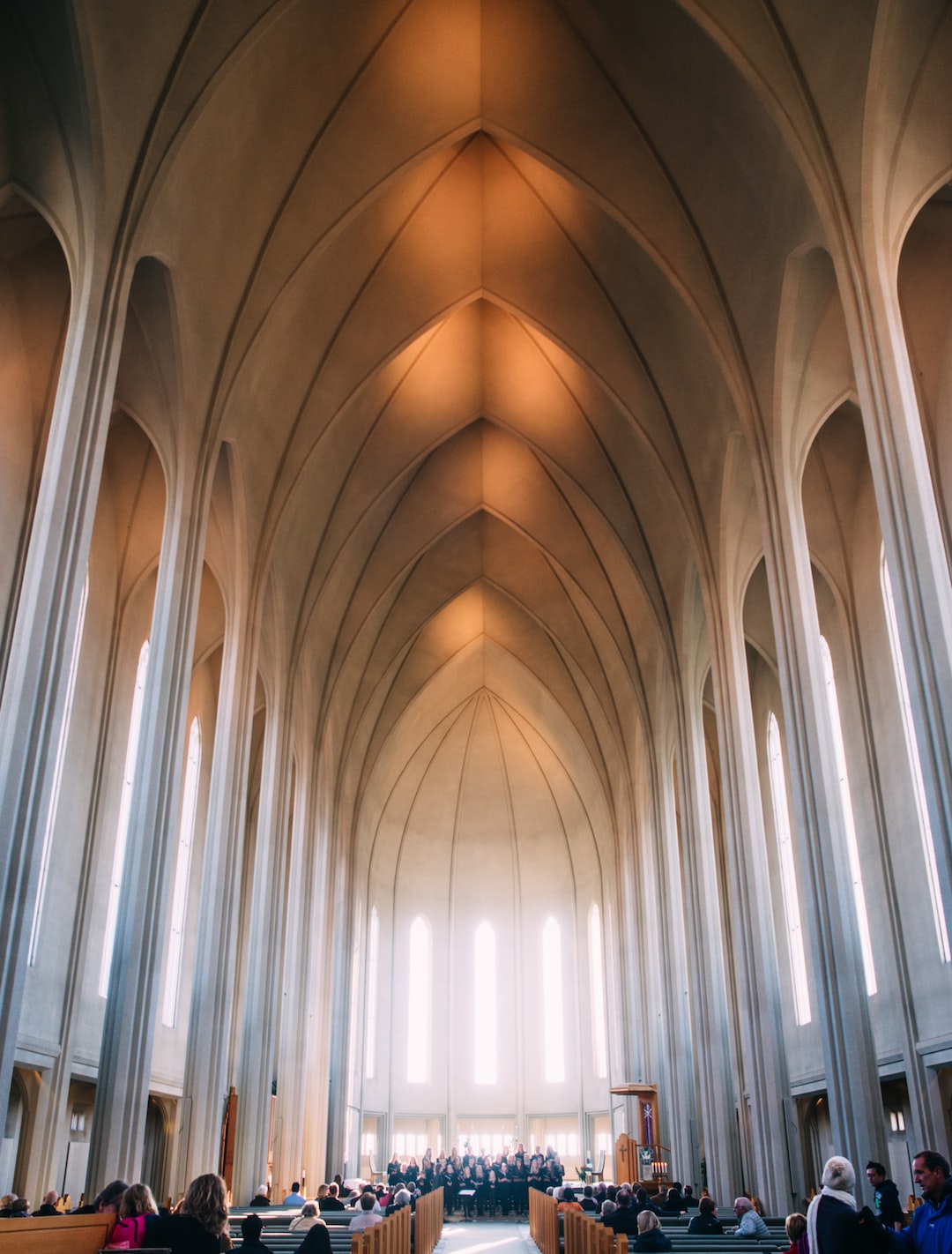Exploring Near-Death Experiences through a Religious Lens
Near-death experiences (NDEs) have long fascinated humanity. From vivid tales of bright lights and profound spiritual encounters to reports of a life flashing before one’s eyes, these experiences captivate the imagination and raise fundamental questions about the nature of life, death, and the existence of an afterlife. More recently, researchers and scholars are examining NDEs through various lenses, including religious perspectives, to gain a deeper understanding of their significance and implications.
Religion and spirituality often provide a framework through which individuals make sense of the world and their place in it. When it comes to NDEs, religious beliefs heavily influence interpretation and understanding. Different religious traditions offer various explanations for these experiences and their meaning within the larger context of faith.
For example, in Christianity, NDEs are often seen as glimpses into the afterlife, reinforcing the belief in heaven, hell, and the immortal soul. These experiences are interpreted as divine revelations or confirmations of the religious teachings. Many Christian NDEs involve encounters with a divine being, such as Jesus or angels. These encounters often leave individuals with a strengthened religious faith and a renewed sense of purpose.
In Hinduism, NDEs are understood through the lens of the cycle of reincarnation. The near-death experience is seen as a transitional phase between one life and the next, where one’s accumulated karma determines the nature of their afterlife. These experiences may be viewed as an opportunity for spiritual growth and the resolution of past actions. They fuel the belief in the soul’s journey through multiple lives and the ultimate goal of liberation from the cycle of rebirth.
Similar to Hinduism, Buddhism interprets NDEs in the context of reincarnation. However, instead of aiming for liberation from the cycle, Buddhism focuses on attaining enlightenment and reaching a state of spiritual awakening. NDEs may be viewed as glimpses into the interconnectedness of all things and the impermanence of life. These experiences can profoundly impact individuals, guiding them towards the path of spiritual practice and self-discovery.
Islamic perspectives on NDEs emphasize the importance of the soul’s journey to the afterlife. Islam teaches that after death, the soul enters a realm of waiting, where it can experience moments of bliss or torment. NDEs are understood as glimpses of this intermediate state, known as Barzakh. These experiences can serve as reminders of the importance of leading a righteous life and preparing for the Day of Judgment.
These are just a few examples of how various religious traditions interpret NDEs. While there are similarities in the foundational beliefs, the details and nuances differ across cultures and denominations. Despite these differences, religious perspectives on NDEs often share a common thread: they provide individuals with a sense of comfort, hope, and reassurance about the existence of an afterlife.
Religious interpretations of NDEs also raise important questions about the nature of these experiences. Are they purely subjective phenomena, influenced by cultural and religious conditioning? Or do they offer genuine glimpses into a transcendent reality? These questions continue to intrigue both scientists and theologians, prompting further exploration and dialogue.
Moreover, exploring NDEs through a religious lens invites reflection on the nature of faith itself. It allows individuals to consider the role of personal beliefs in shaping experiences and perceptions of death and the afterlife. It prompts deep introspection and a reexamination of one’s own spiritual beliefs and practices.
In conclusion, near-death experiences provide a unique opportunity to explore and understand the mysteries of life and death. Examining these experiences through a religious lens offers valuable insights into how different belief systems interpret and respond to such phenomena. While religious perspectives may vary, they all contribute to the broader conversation on the meaning and purpose of life, as well as the existence of an afterlife. Regardless of our personal beliefs, the exploration of NDEs through religious lenses invites us to ponder the profound questions that lie at the heart of our human existence.

